Tucker “Jericho” Boner smiles and waves at a passing fan who just called his name. He’s on the top level of the San Diego Convention Center for TwitchCon, and he has five minutes to make it through a crowd of thousands to get to a photoshoot. He has a system for walking around conventions, he says, smiling devilishly as he moves: Put on sunglasses (he’s wearing black shades now), bow your head, look dejected. If people call out your name, smile, wave, and keep going.
For Jericho, having a system is important. He’s one of the most popular broadcasters on Twitch, with almost 1 million followers and over 18 million views. Before he started streaming, Jericho was making videos on YouTube—he created his channel on June 20, 2009, and has since amassed almost 1.2 million subscribers with over 211 million views.
As you can imagine, with numbers like those getting anywhere at a convention is pretty difficult for the 24-year-old. And of course, it’s common for celebrities to get mobbed while walking around conventions. But as Jericho will tell you, some will take things a little too far.
“When you actually meet [fans] in person, some people can take that as, ‘I can be best friends with you,'” he said. “And you’re like, ‘Please, don’t touch me,’ like, ‘What are you doing? Let me shake your hand first before you go in and give me a kiss.'”
There’s a term for this: parasocial interaction, which describes when a person extends emotional energy and time to someone that is completely unaware of their existence. This dissociation can lead to some very odd interactions for traditional celebrities. But streamers are a little different: Fans have a direct line of communication with the broadcaster via chat, live. So if anything, a streamer’s fans might feel even closer to them, and have something of a real justification for it.
There’s no phrase for what Jericho and his fellow streamers are experiencing with their fans, because the whole phenomenon is still so new (at least compared to traditional celebrity culture). For Jericho, it’s just one more facet of his improbable rise from a college dropout to one of the most popular personalities in a new industry.
From a dancing cow to 1 million followers on Twitch
Jericho walks into the nondescript room just in time as a Twitch employee waves him over to a table with a photoshoot consent form for him to sign. Twitch partners—popular broadcasters that get a share of ad revenue and subscriptions to their channel—lounge on the chairs or mess around in front of the backdrop and professional lights, joking with each other.
Twitch streamers, of course, are best known by their handles, and not the legal names they sign documents with. Jericho’s is actually styled as iijeriichoii, based on his fourth-grade AOL screen name, with the I’s added during his oldschool Call of Duty days. “Fifteen-year-old me made poor branding decisions,” he says, filling in the form in his big, looping script—height: 6 foot, hair: brown. He starts reminiscing on the good old days of streaming.
“I started on Ustream,” Jericho says, referring to the streaming platform that launched in 2007. The first game he remembers playing was Dead Space 2, which was released in January 2011, and says it wasn’t even a good stream because top-flight streaming software didn’t exist at the time. Instead, he had to use a janky flash media encoder. “I’d already been doing YouTube videos for a while. I was bored on a Friday night and I was like, ‘Oh, I should stream myself playing Dead Space because I’m too afraid to play it alone.'”
Jericho moved from Ustream to Justin.tv, then made Twitch his base for streaming in mid-2011, when it was spun off from Justin.tv and purchased by Amazon. He doesn’t remember the exact date he got partnered (or the year, even). But his oldest subscriber at the time of our interview was 35 months, so around three years, “We’ll just go with that,” he says. “I know it’s a big deal for a lot of people, and it certainly was a big deal for my channel. But at that time streaming was still very secondary to YouTube for me.”
So now, six years later, which platform does Jericho prefer? He says he likes both, but enjoys Twitch more because it’s less effort—like playing on the couch with his friends. “You’re just on the camera and then you’re off.” With YouTube he says there’s a lot more behind-the-scenes work, which isn’t personable or fun, that goes into creating a good end product.
While the end product is certainly important for growth, it’s not the most meaningful aspect—the viewers are. There are many built-in ways for YouTubers and streamers to measure success, from views, follower, and subscriber counts, to in-depth stats about when people stopped watching or why there was a particular spike in viewers. For Jericho, analyzing the in-depth stats is interesting but also “time-consuming for not a huge payoff.” Instead, he prefers to focus on personal growth over time.
“The numbers are cool but they don’t really mean much,” he says. “You can have a million followers but nobody watches you.” With that being said, Jericho is excited to hit a million followers on Twitch, which should happen in the next six months, and even has a plan in place for a “nice big party” when it happens—which will, of course, be streamed.
“What stood out to me numbers-wise—I peaked out on 45,000 live viewers once, which was just an unforgettable experience,” he says. “Like, that’s a baseball stadium full of people. It’s the viewership numbers that really remind you of stuff, because those are real people that are there now, not people that one time were like, ‘I like that guy.'”
Jericho wasn’t always so confident about putting himself out there in the public sphere. His YouTube bio reads “Writing/Editing/Playing a Character named Jericho!” Although he admits it hasn’t been updated since 2010, he says he used the character line to take the edge off—”I was a little self-conscious about people realizing that that is me,” he says, before explaining that he’s very much the same person he is on stream.
I peaked out on 45,000 live viewers once, which was just an unforgettable experience. Like, that’s a baseball stadium full of people.
Granted, when Jericho started his YouTube channel he was only 16-years-old (before YouTube he was the dancing cow at a Chick-fil-A and refereed soccer games), and dropped out of college in his first year when he was already making enough money to be a broadcaster full-time. It helps that he had a good support network. When he decided to move to California his parents didn’t outright object. They believed he could make the best decision for himself.
“My dad was like, verbatim, ‘Well, if you’re going to fuck up your life like you don’t have any responsibilities, now is the best time—and we’ll be waiting,'” he says. “My first paycheck was $4 or something, and I was like, ‘Look, see I can get paid,’ and they laughed at me. Now they’re great, they support me. My dad has a stack of my business cards that he runs out of. I don’t know who he’s giving them to.”
Who is that rummaging through my trash?
From $4 paychecks to almost a million followers on Twitch, Jericho has come a long way in six years. It’s not always as easy as it seems from the outside, however. With that fame comes the weirder side of streaming.
A moment that really stood out for Jericho was at his old place in Santa Monica, where he lived with his friend and fellow YouTuber and Twitch streamer Tom “Syndicate” Cassell. One day a teenage girl was going through their garbage for around two hours (he thinks she was maybe looking for proof that they lived there). The worst part? When he looked outside he saw her mom sitting in a car waiting for her—she had driven her daughter there.
“I literally open the door and I just went off on this mom,” he says. “Afterwards I was like, ‘I am sorry,’ to the girl and I was like, ‘Not upset, but your mom needs to understand.’ And her mom just sat there and kind of smiled through it and she was like, ‘Okay,’ and then they got in the car and drove away. Even if the daughter was like, ‘I want to go meet somebody I’ve never met before, it’s these two guys’—like, what did she say that made that ok to the mother?
“I wish people had the decency, or at least the common sense, not to push that privacy boundary. But a lot of people don’t, unfortunately, so you just deal with it as it comes. If you’re reading this, don’t do it. Nobody wants you there,” he says. “I don’t want to yell at you or call the police.”
I wish people had the decency, or at least the common sense, not to push that privacy boundary. But a lot of people don’t, unfortunately, so you just deal with it as it comes.
It’s not just the weird fan interactions that can have an impact on streamer’s lives. For Jericho, work comes first. He’s skipped out on family functions because he had a last-minute sponsor deal, or a new game was just released and he felt it was important to stream it to maintain his position in the space.
He almost missed Thanksgiving last year for the first time because it was around Call of Duty: Infinite Warfare’s release, “Come on, you think I can skip out on Call of Duty for family time?” he says, then laughs. “It’s ok to have moments like that, and they understand. They haven’t disowned me yet, I’m still in the will—that I know of.”
With the amount of time and energy it takes to stream full time—for Jericho it’s four or so hours streaming, multiple hours filming and editing YouTube videos, and time in-between keeping on top of social media—it’s unlikely that a broadcaster that started streaming in 2011 will continue to do so for the rest of their life. Jericho is a realist, he knows he can’t stream forever and he already has some idea of what he wants to do beyond broadcasting. For one of Twitch’s original celebrities, the next step could be blazing another trail in the industry. He’s always loved music and food and would love to combine those with streaming culture in some way (“Let me be Anthony Bourdain, please”). He would also like to have a hand in marketing and integration, working with streamers to figure out a way that brands, viewers, and broadcasters are happy with the end product.
“I don’t think I’ll ever get sick of streaming,” he says. “There will be a time where that chapter, or the way that I currently do stuff—making videos and streaming—comes to an end. Shit changes in six months, let alone five to 10 years. My best guess is I will be involved in this area in some way, very heavily. That’s what I love to do. I don’t think I’ll be leaving on my own choice anytime soon.”


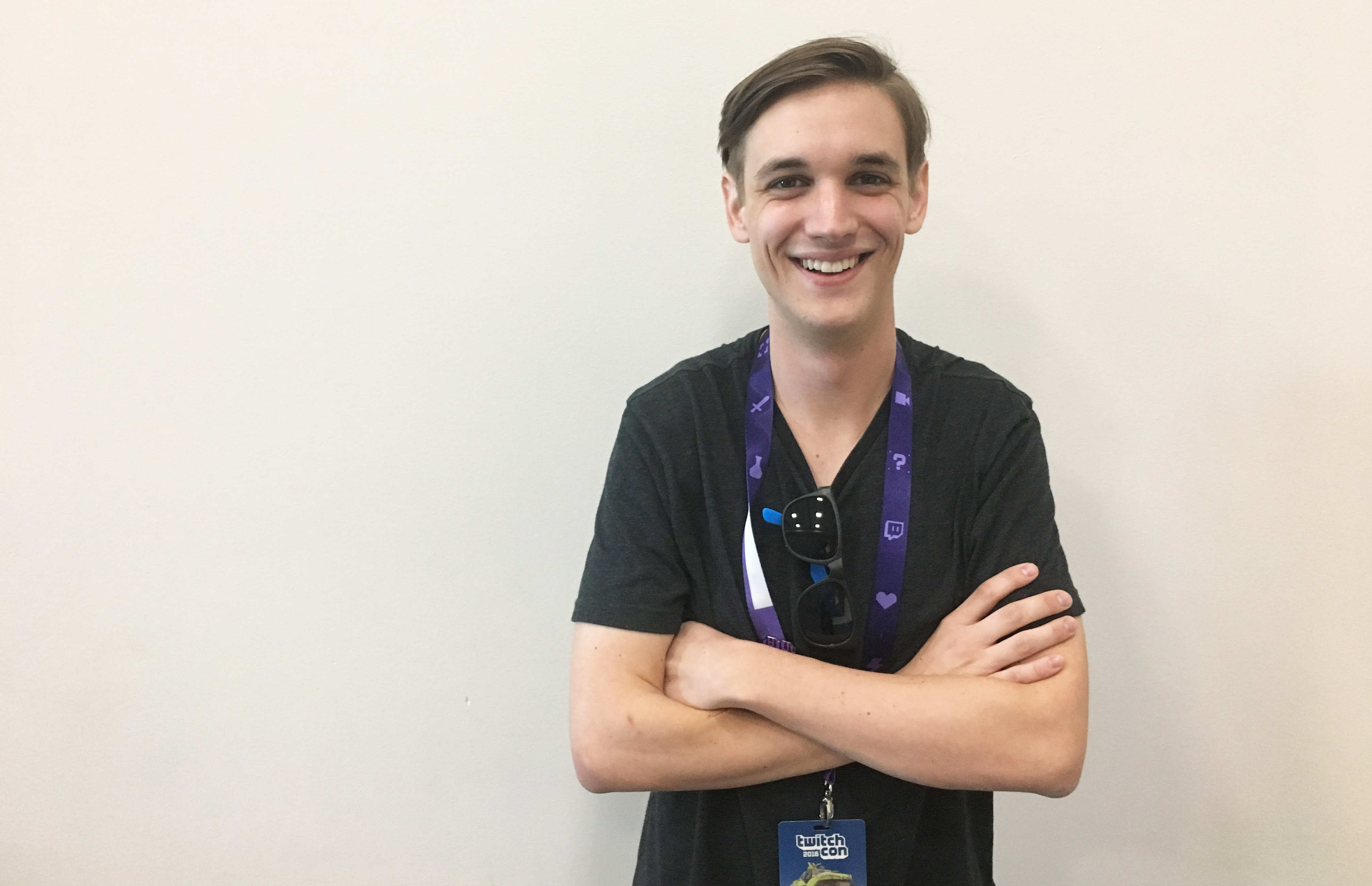



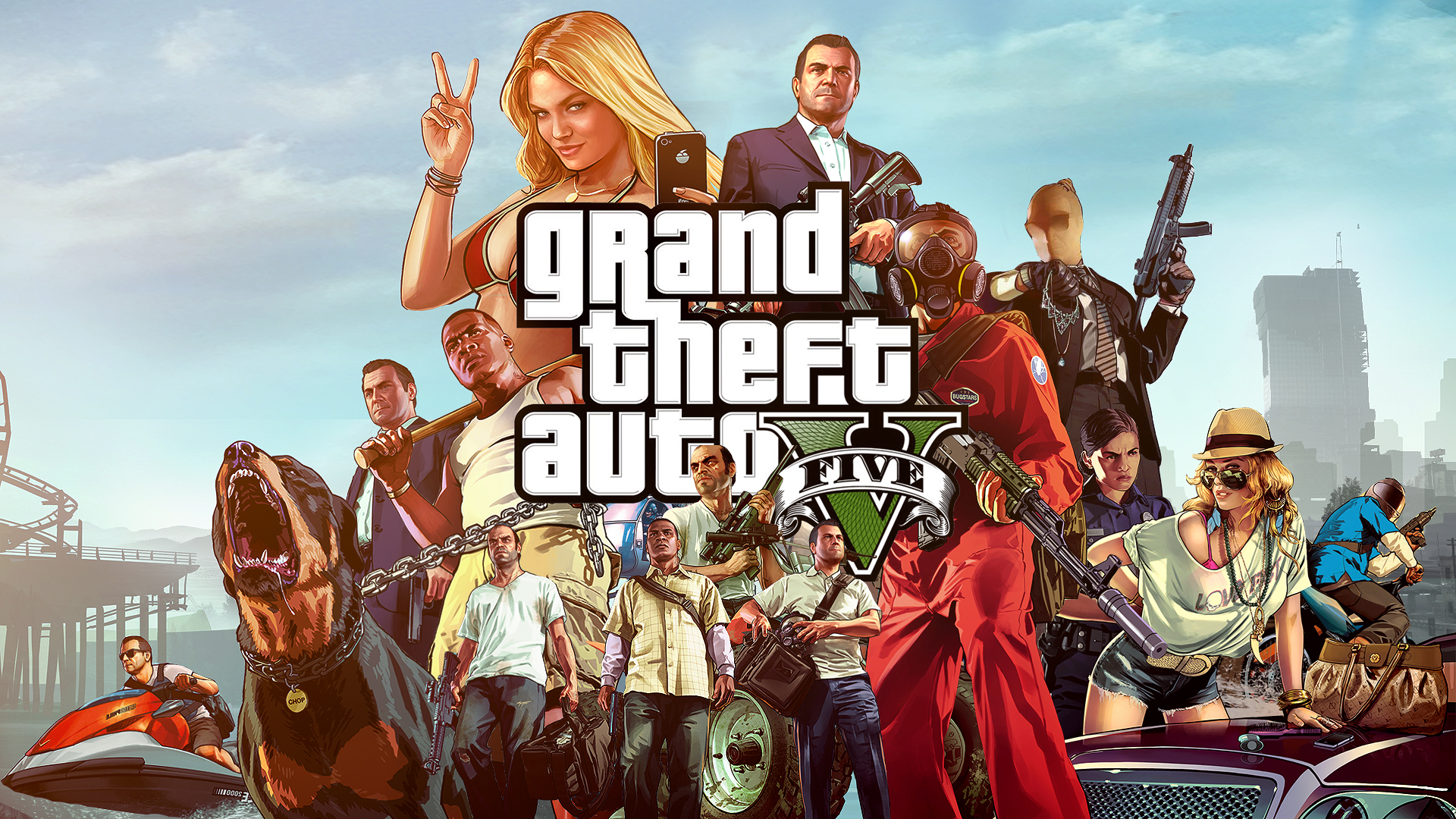

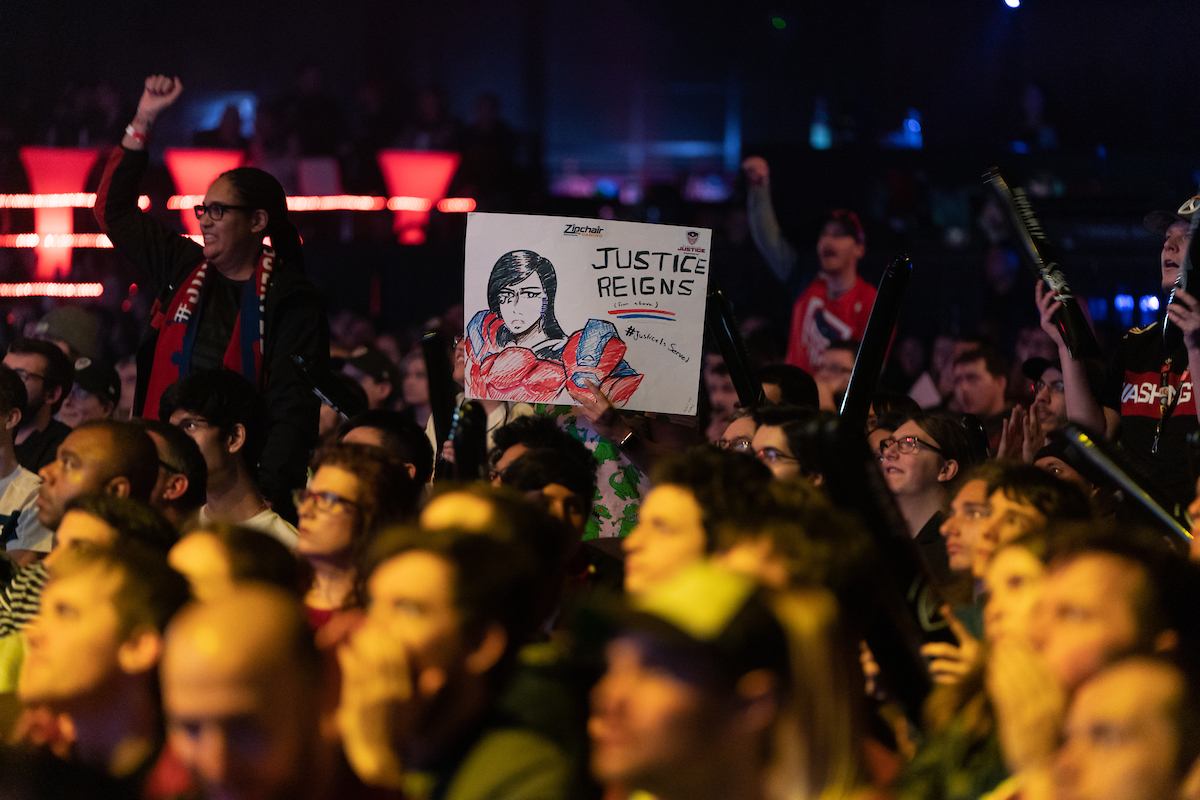
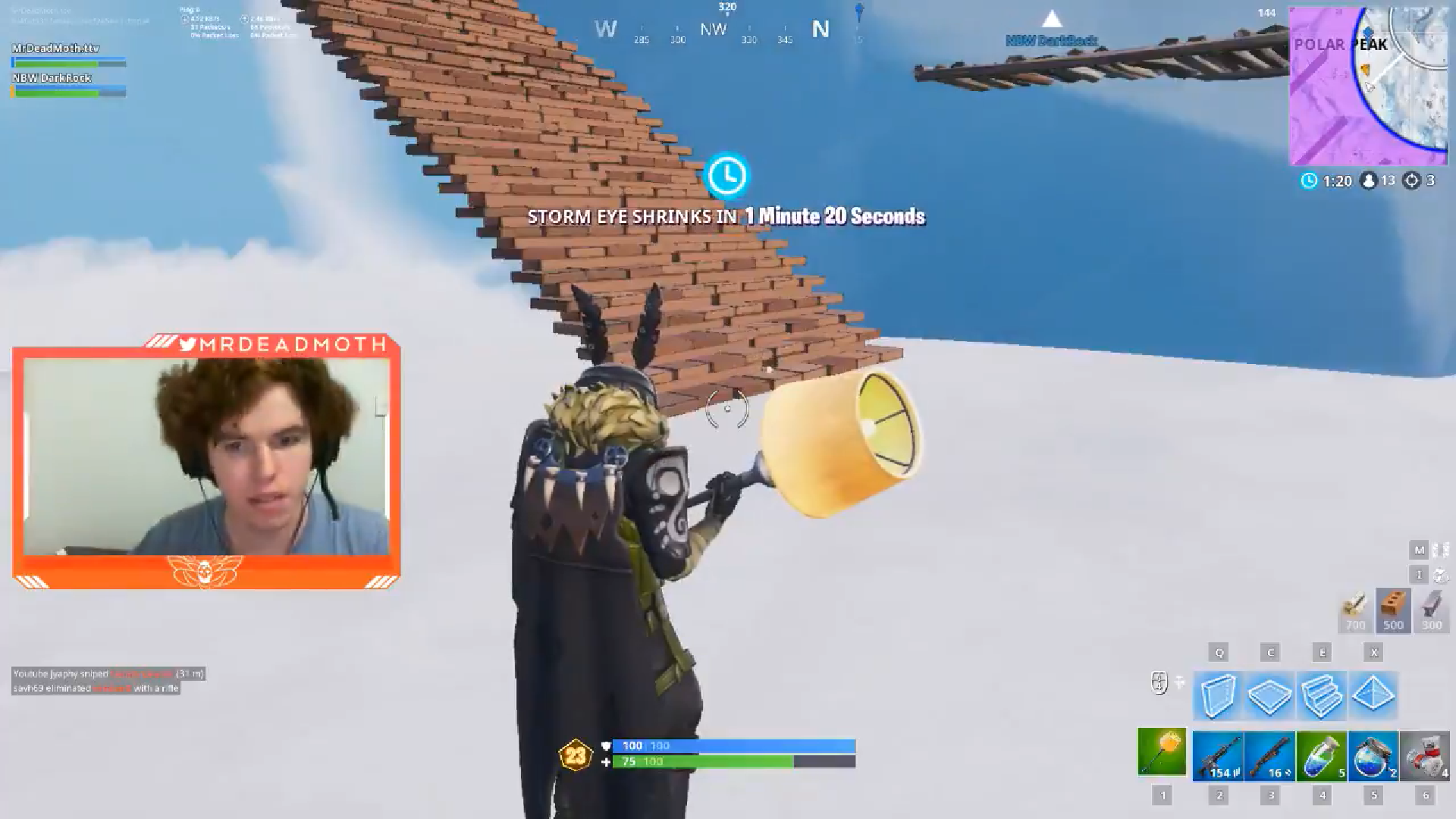
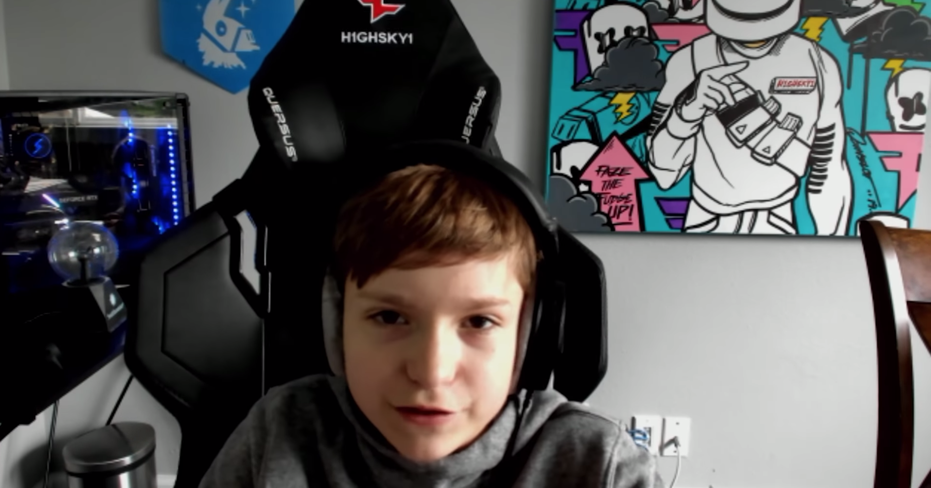

Published: Jun 27, 2017 10:30 am